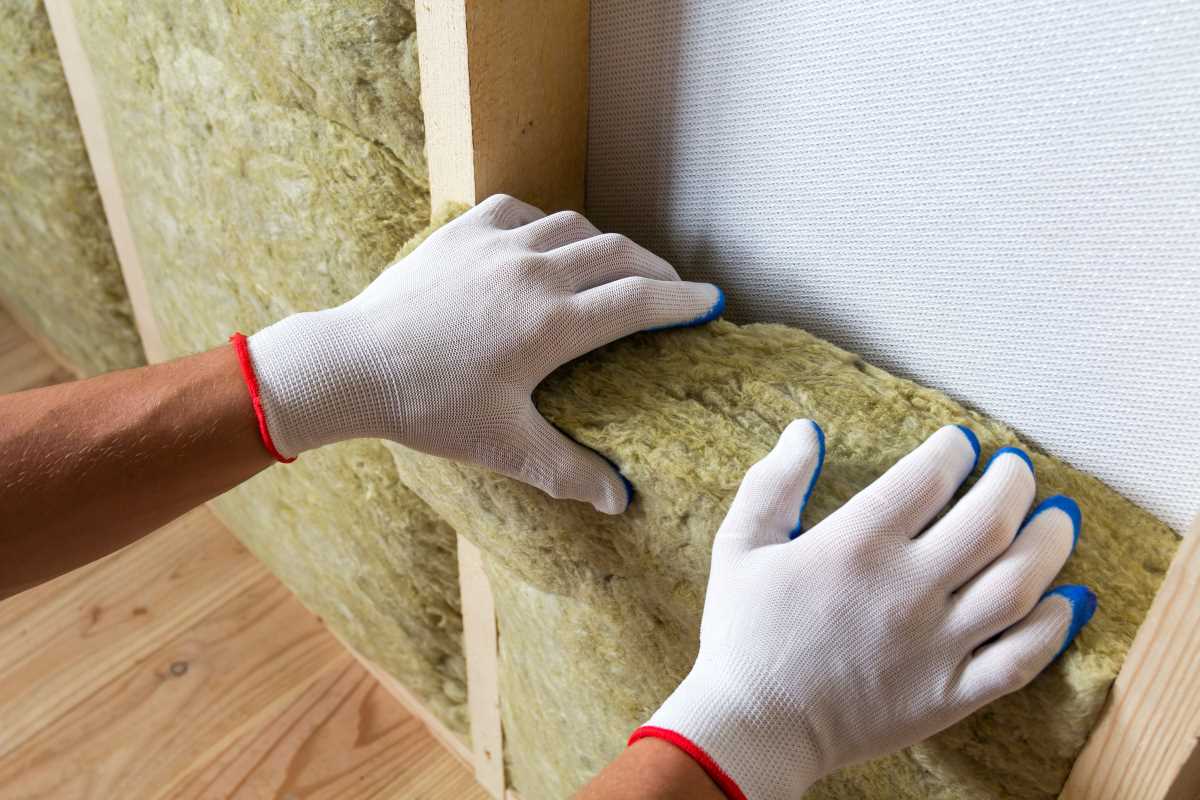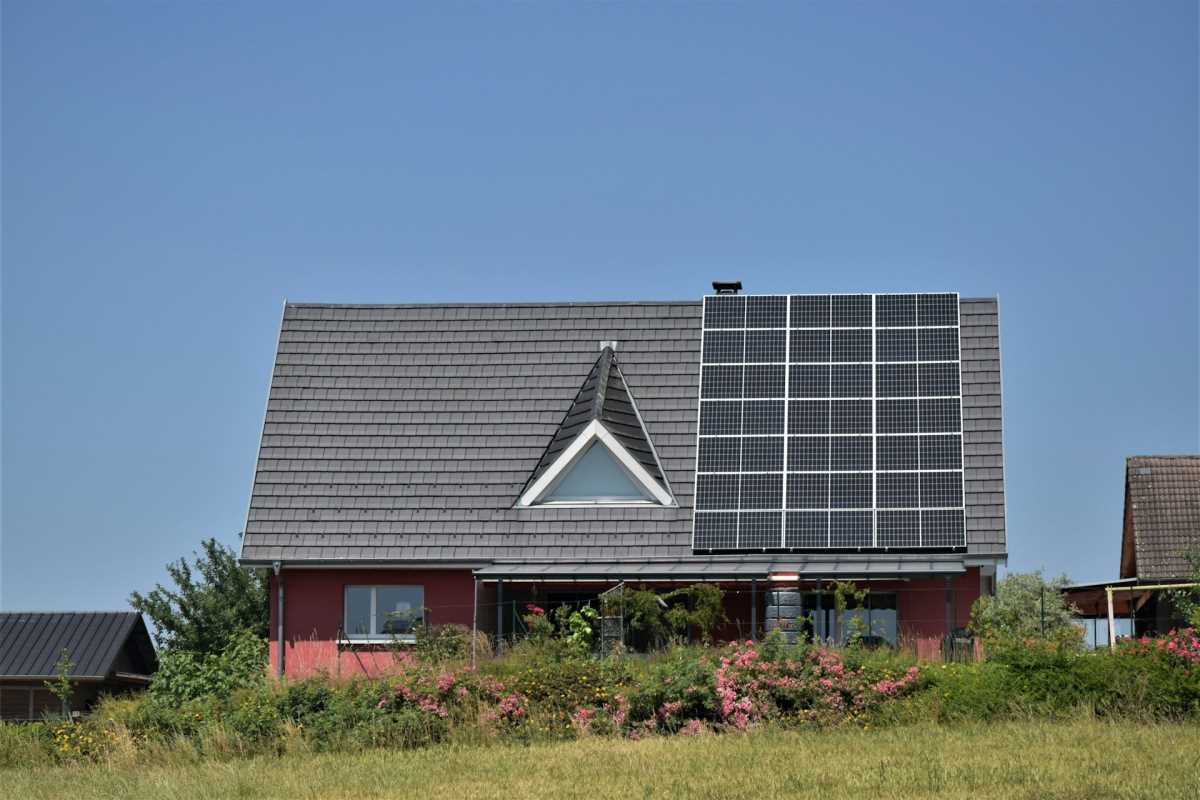When it comes to making your home more energy-efficient and comfortable, choosing the right insulation is crucial. With various types and materials available in the market, it can be overwhelming to determine which insulation is best suited for your needs. To help you make an informed decision, here are some tips for choosing the right insulation for your home.
Insulation Type
The first step in selecting the right insulation is understanding the different types available. Common options include fiberglass, cellulose, foam, and radiant barrier insulation. Fiberglass is a popular choice known for its affordability and ease of installation, while foam insulation provides excellent thermal resistance and can fill even the smallest gaps.
R-Value
Another essential factor to consider when choosing insulation is the R-value. The R-value measures the insulation's ability to resist heat flow, with higher values indicating better insulation. Climate and location play a significant role in determining the recommended R-value for your home, with colder climates requiring higher values for optimal energy efficiency.
Moisture Resistance
Considering your home's vulnerability to moisture is crucial when selecting insulation. Moisture-resistant insulation, such as closed-cell spray foam, is ideal for areas prone to high humidity or water exposure. Properly sealed and moisture-resistant insulation can prevent mold growth and structural damage, ensuring a healthier indoor environment.
Installation Method
The method of installation is another crucial aspect to consider when choosing insulation. While some insulation types can be easily installed as a DIY project, others may require professional installation. Factors such as the accessibility of the installation area and your comfort level with DIY projects should influence your decision on the installation method.
Energy Efficiency
Selecting energy-efficient insulation can lead to significant savings on your heating and cooling bills over time. Look for insulation materials with high energy efficiency ratings and certifications, such as ENERGY STAR. Investing in quality insulation upfront can result in long-term cost savings and a more comfortable living environment.
Environmental Impact
Lastly, considering the environmental impact of your insulation choice is important for eco-conscious homeowners. Opt for eco-friendly insulation materials, such as recycled denim or cellulose, that have minimal environmental impact and contribute to sustainable living practices.
By considering factors such as insulation type, R-value, moisture resistance, installation method, energy efficiency, and environmental impact, you can choose the right insulation for your home with confidence. Making an informed decision on insulation will not only enhance your home's energy efficiency but also create a more comfortable and sustainable living space for you and your family.







